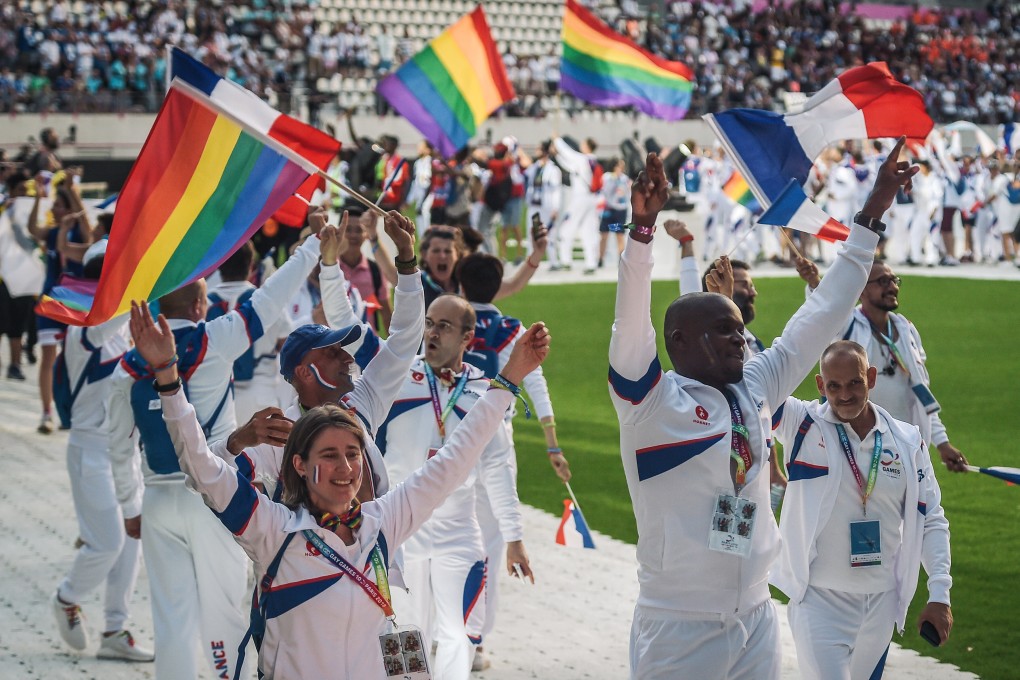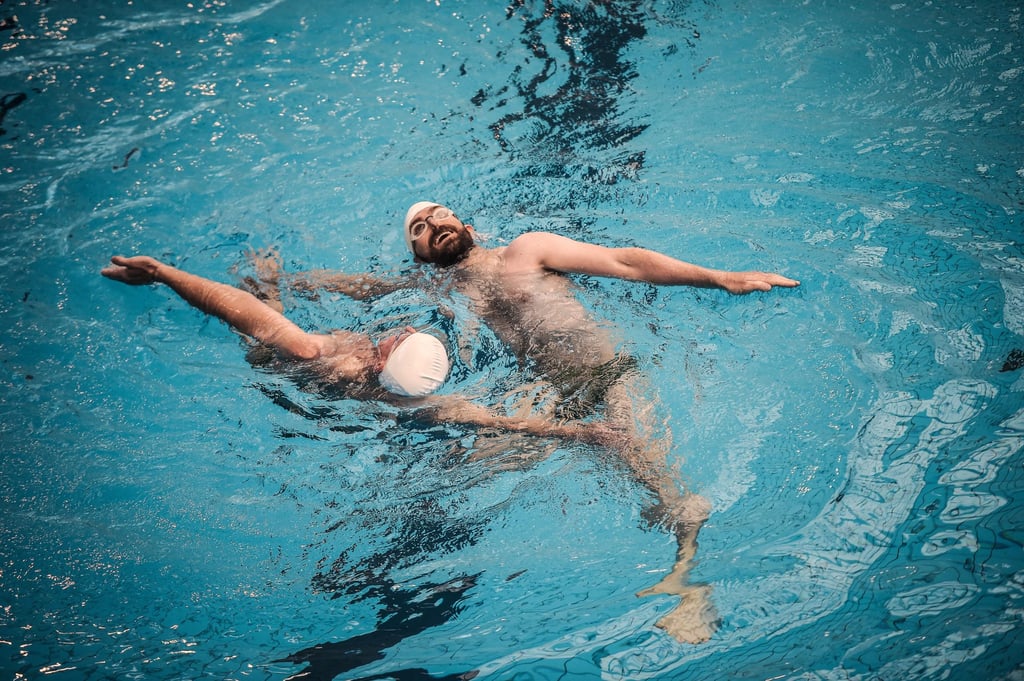Advertisement
Opinion | As Hong Kong debates the Gay Games, why are they needed at all?
- Discussion in Hong Kong over the city hosting the international sporting event has focused on the money it will generate and its potential to promote inclusion and diversity
- However, the Gay Games are mainly needed because homophobia, biphobia and transphobia are often found in sports, and LGBTQ+ people often feel unsafe or are excluded in sports settings
Reading Time:3 minutes
Why you can trust SCMP
5

There has been much debate in Hong Kong recently about the city hosting the Gay Games in 2022, the first time the event will be held in Asia. However, one important point has not been addressed: why are the Gay Games needed?
The event was probably much less well known in Hong Kong before it was passionately discussed in the Legislative Council, after which the chief executive expressed her views on it. So far, the debate has centred on the comments about the money the event generates, while it has also been argued that the Games can help promote inclusion and diversity.
However, so far, an important point has been missed: the Gay Games are needed because homophobia, biphobia and transphobia, often linked with a culture of toxic masculinity, are readily found in sports, and LGBTQ+ people (lesbian, gay, bisexual, transgender, queer and other sexual/gender minorities) often feel unsafe or are actively excluded in sports settings.
Advertisement
Over the past two decades, academic studies, and studies by sports agencies and government health departments, around the world have documented that homophobia, biphobia and transphobia remain rampant in sports settings for LGBTQ+ adolescents in school, as well as for LGBTQ+ adults in both leisure and competitive settings. Locker rooms and the fields are sadly not places where many LGBTQ+ people feel safe to be themselves fully.
Instead, these are places where active bullying and discrimination, or more subtle microagression, against LGBTQ+ people take place.

For examples look to “Out on the Fields” (2015) and “OutSport” (2019) – the first and second international studies on homophobia and transphobia in sports of over 12,000 lesbian, gay, bisexual and transgender participants from all European Union countries, the US, Canada, Australia and New Zealand. They found that 51 per cent of gay/bisexual male respondents and 35 per cent of lesbian/bisexual female respondents aged 15 to 21 have been the target of homophobic behaviour in sports.
Advertisement
Select Voice
Select Speed
1.00x
